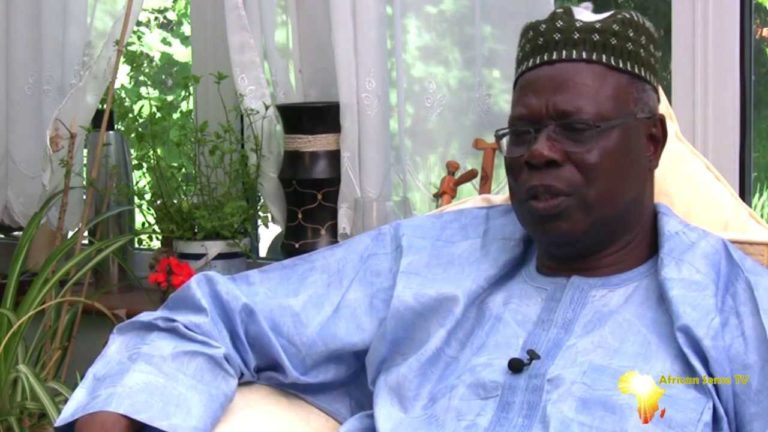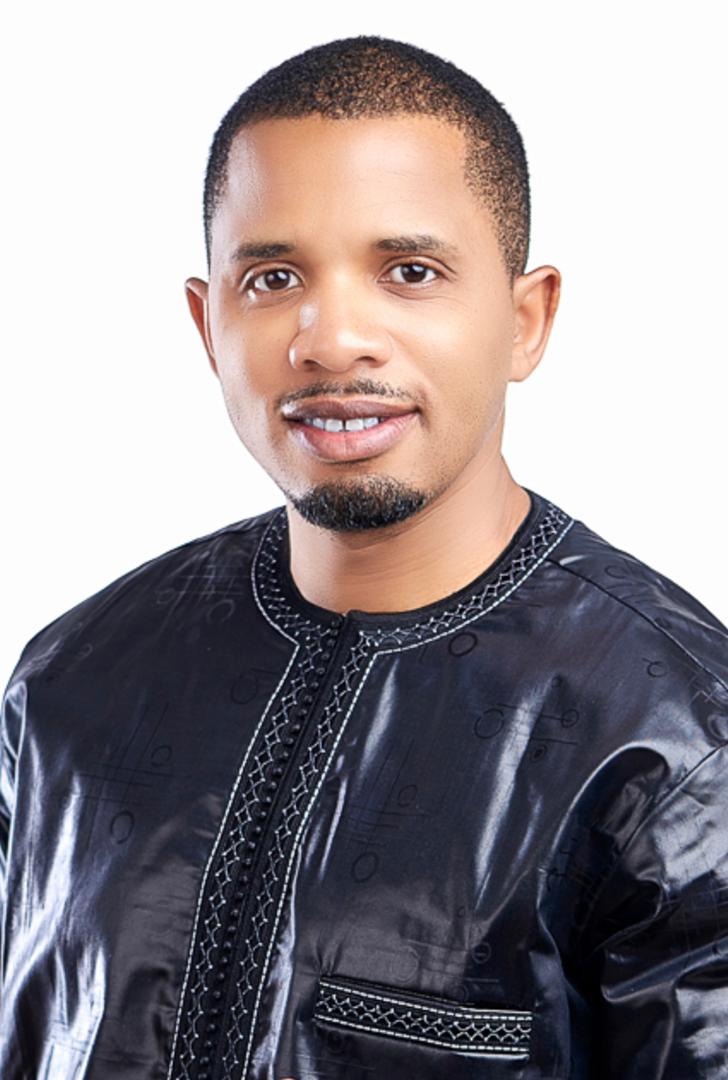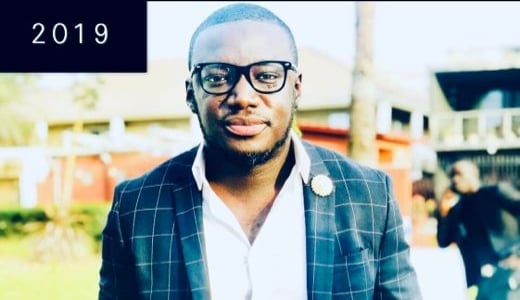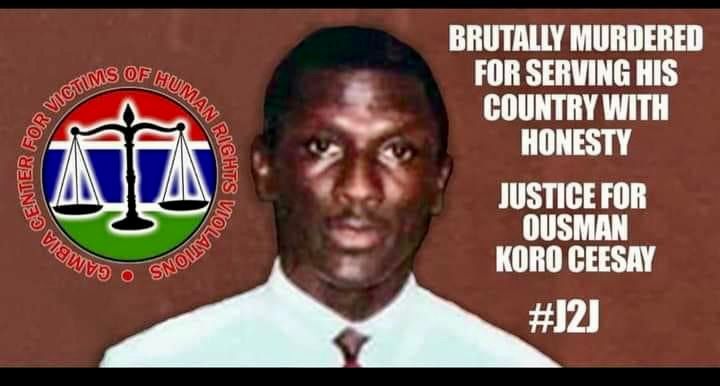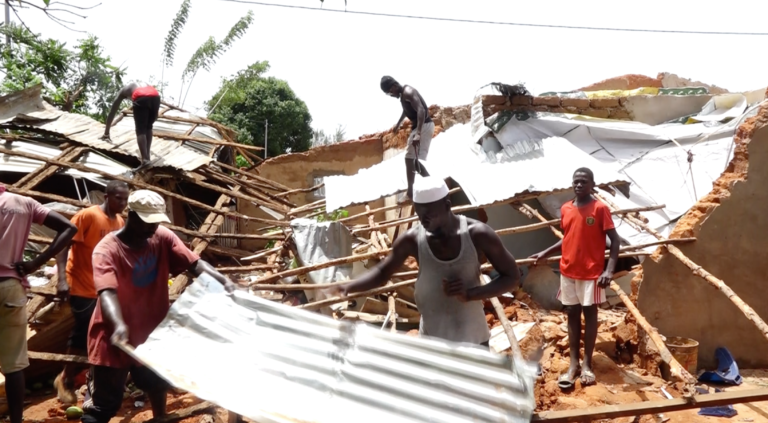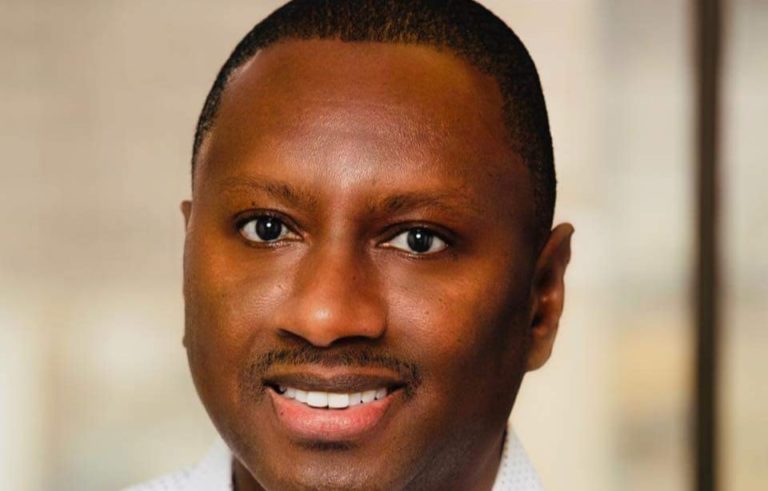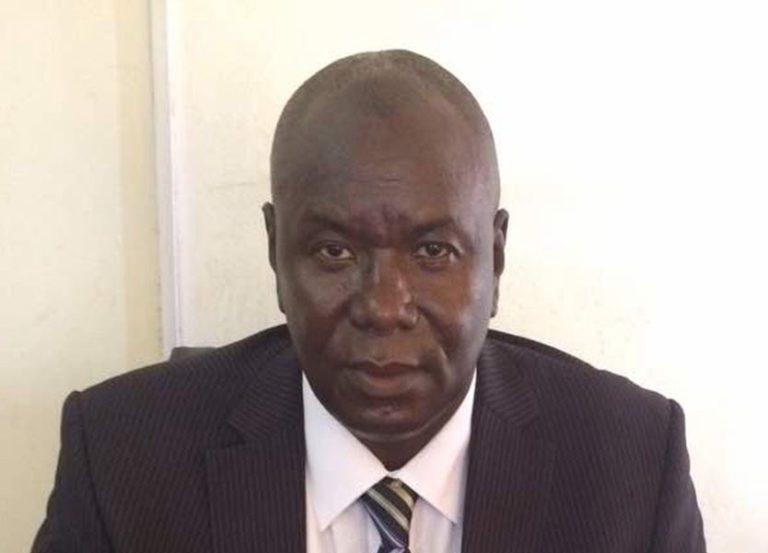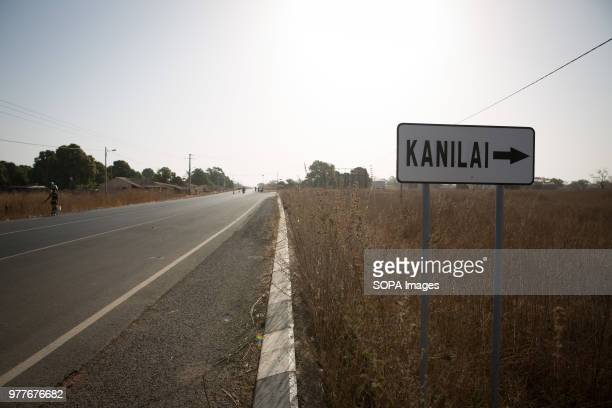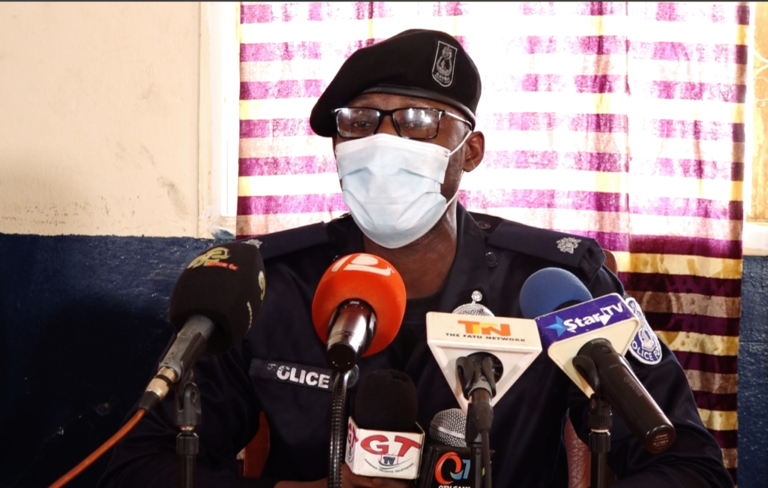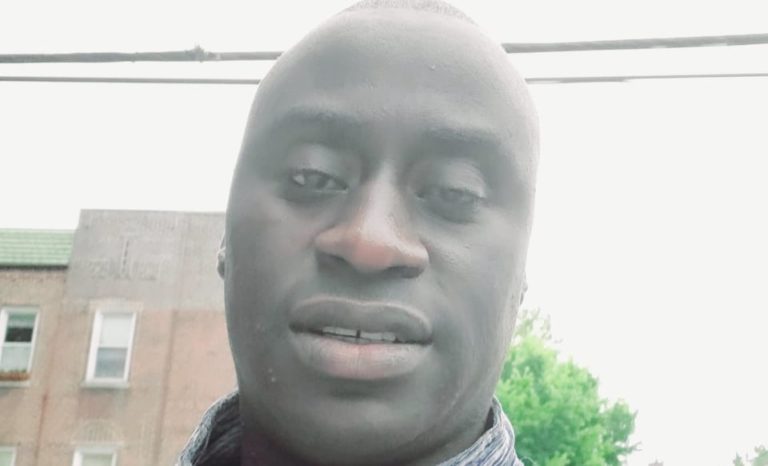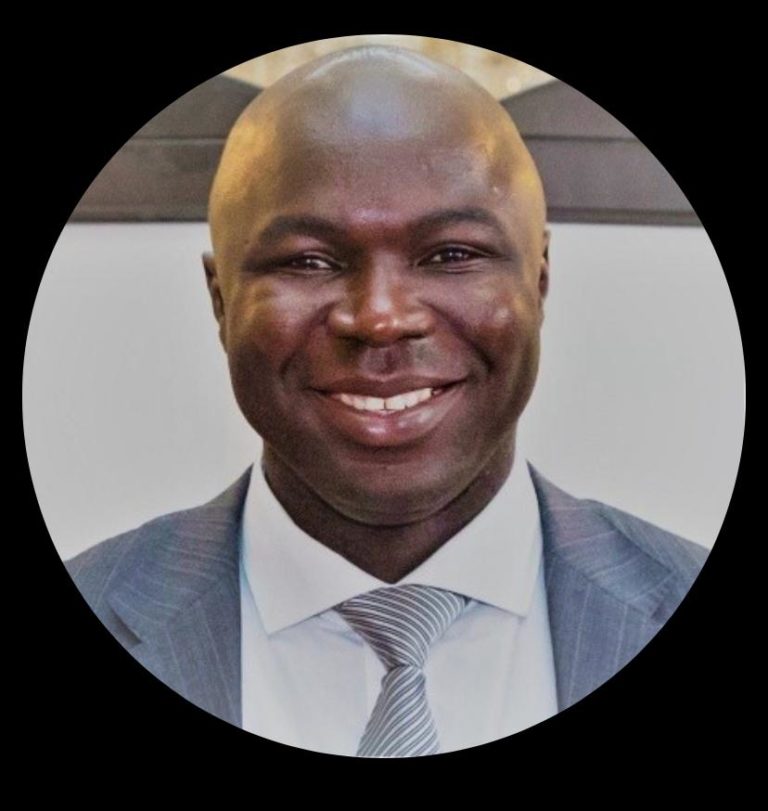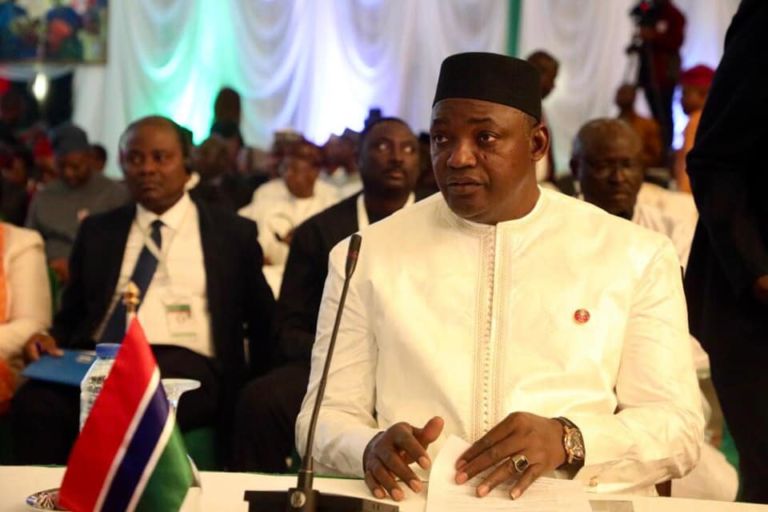All human beings are born equal with certain inalienable rights, and among these are life, liberty, and the pursuit of happiness. Flying from Dubai to Accra, the ever-present EXPO 2020 displayed everywhere, with a good internet connection onboard Emirates flight EK787, one cannot but reflect on the ever used or misused word in The Gambia – SOVEREIGNTY! Are we sovereign when we do not have a house we call our own? When our landlord is foreign, when we pay our rent in foreign currency, or when our more illustrious sons and daughters drive the economy across the aisle. Access to housing is a cardinal human right – not a privilege!
The real loss of sovereignty is being a tenant in your own country!
The Gambia land ownership (refer to local government and ministry of lands) has made it easier for anyone from anywhere to purchase a piece of land, own it, develop it, and earn money off of it. It is, therefore, both legal and within compliance and ethics to see non Gambians’ own land. It is quite logical if one is tempted to ask why home-based Gambians can’t buy land or develop their inherited lands. Obviously, due to the better purchasing power of those abroad or non-Gambians, it’s not unusual to see them own lands in the commercial areas of The Gambia.
This beckons the question -are the foreign owners to be blamed? No! – indeed, some Gambians with strong purchasing powers are owning properties across the globe but with stringent measures applied by those countries for the benefit of the state and its people. In the Gambia, when were our land reforms and ownership last reviewed and legislated upon?
I would say – congratulations to our hardworking non Gambians in this country who are not only owning property but developing and employing our people.
Hence the question – Is our sovereignty being compromised by the poor legislation on land ownership and tenure system? Yes – And this leads me conveniently to my subject of discussion- Gambian Real Estates – a compromise on our sovereignty!
When one takes a drive either on the coastal road to Brusubi to Fajara to Westfield to Brikama, there are perhaps over one hundred real estate companies or must I say, land agents as they are involved in buying a plot of land for A, they then demarcate and sell for profit. Some of those agents are nothing but scammers, and sadly – nothing comes out of it – it’s a subject of another article……! But this conveniently leads to another inconvenient question – do we have proper legislation in place for someone to operate a real estate agency? What are the terms and conditions- I dare say – a process like Banks needs to be applied and urgently – the number of land cases in courts would not end for the next century! I would argue that Perhaps 4 to 5 of the real estates in The Gambia are compliant and serious business-minded. The rest, I do not know what to call them! Still on the Real estates, when one looks at the prices quoted for places around the airport, Jabang, Sanyang – forget waterfront as those bring a different mix to the table- the Local Gambians are simply priced out of the equation!
Imagine a 3-4 bedroom house going for USD120,000 to USD200,000 payable in 2-3yrs! Who are they targeting? This is D6m to D10m! How many Gambians can afford that? Besides the lack of legislation on land ownership, are the real estate agencies not part of those making us foreigners in our country? Imagine being a tenant to a Senegalese as she or he has been able to purchase and build and you couldn’t! The rent is also in USD or even CFA or EURO – mortgages are in hard currencies- Hygiene is needed in the real estate industry if we do not want to forfeit our sovereignty as Gambians.
SSHFC was, in my view, and I don’t claim the monopoly of knowledge is supposed to be the main driver to step in and help out on those contributions to the fund (provident fund). This will ease access to affordable housing but this is not the case – the last time I checked – SSHFC was selling a 15m x 20m in Brusubi for D650-800,000! Who can afford that unless the targets are Gambians abroad or foreigners? The very people who contribute to the fund are forgotten – what a shame! It’s not unusual to see a retired official engaged in civilised begging – no house to call their own! Sad! I can go on and on, but what is the point, the more I think of The Gambia and her people, the more I am inclined to give my view and hope someone somewhere in the corridors of power picks and apply them.
So, what’s my prescription, knowing that we are in a global village, global citizenship, and need to encourage diversity and inclusion, investors, and advancement? I submit to us the following: –
1- Land reforms including but not limited to per sqm charge per zone to reduce the over pricing of land.
2- Real estates or agents need to have a deposit of at least D100m or have a bank guarantee of that equivalent. This will remove all the scammers from the system. The buyers will be at ease
3- The GMD is the legal tender -it must be respected, all rents, mortgages, and sales need to be in GMD- this will reduce the mass inflation.
4- SSHFC to build low-cost housing for contributors to the fund with D500K and above in their provident fund accounts. This reduces the stress on rent and land ownership.
5- Physical planning to have roads well-demarcated before the land is allocated to avoid our narrow roads and selling some parts of the road. No doubt, the OIC road project has its work cut out for them.
6- Alkalo and chiefs cannot sell lands prior to approval from the lands ministry, and the land should be leased to avoid the double or triple sale of the same property.
7- GoTG to push for the establishment of a building/housing bank- Bank d’ habitat as is in Senegal to help middle/low income earners build their dream homes.
8- Government reserve lands to be sold only by an act of parliament – we need to reserve space for recreational activities for our children and generations yet unborn, not to mention greenery.
9- Invite investors to invest along our coastline – limit the powers of the GTB! It’s certainly not working! Any Gambian who wants to build or develop for business should be given the opportunity- even a 10x15m! Same applies for foreign investors – this creates jobs!
10- Advocacy and awareness talks on land – it’s a limited commodity, and if we don’t guard it jealously- we can expect another South Africa and Zimbabwean land issues.
To conclude- our flawed and defunct land legislation is degrading this country’s sovereignty, sacrificed at the altar of greedy Gambian real estate agencies and its agents. Without shelter for our people – a fundamental human right- we are invariably violating a sacrosanct and inviolable human right! Hygiene is needed in the Real estates, land reforms and sovereignty!
Thanks,
Ismaila BADJIE
MBA – University of Liverpool – Shipping & Logistics expert

